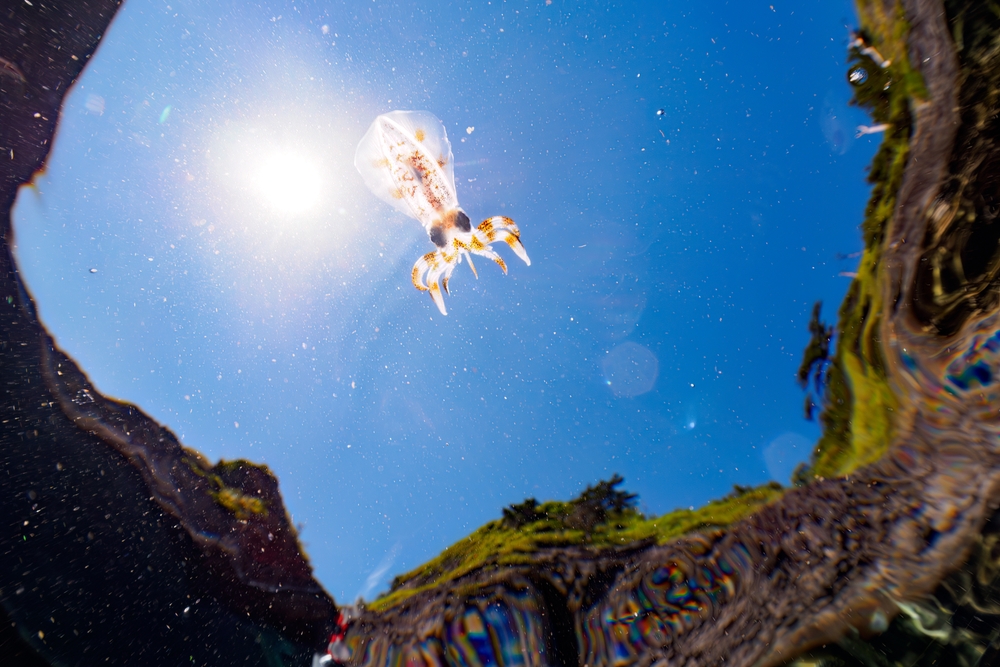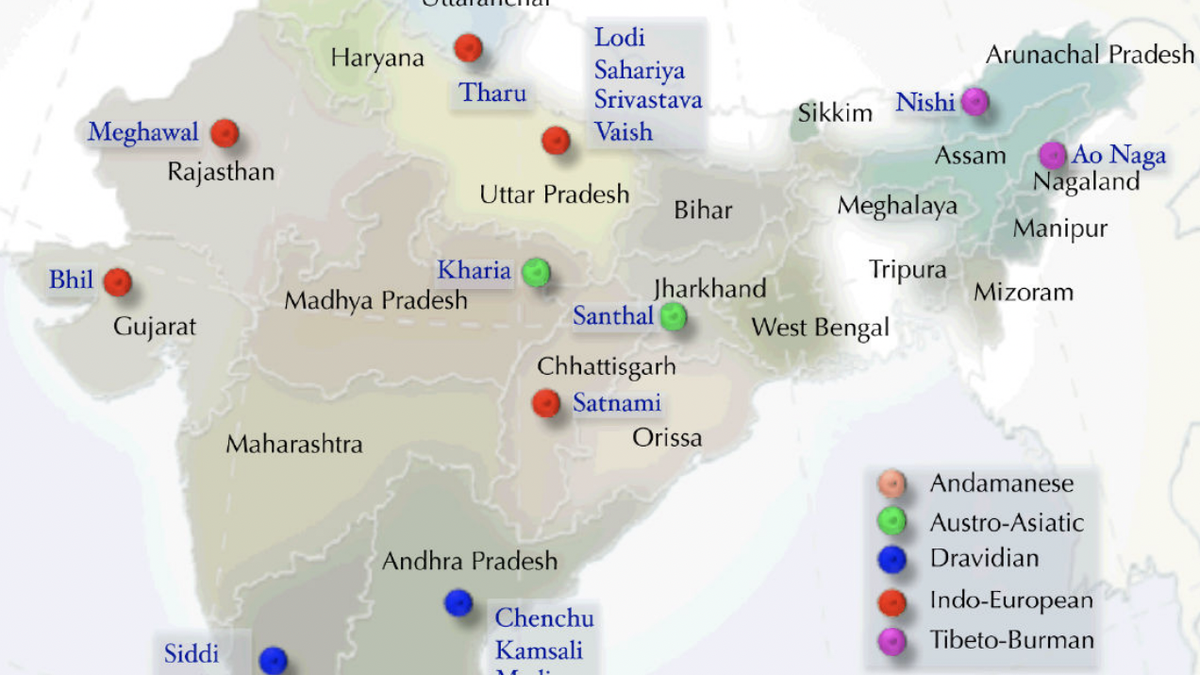Now Reading: Baby Squids Achieve Adulthood Within Hours of Hatching
-
01
Baby Squids Achieve Adulthood Within Hours of Hatching
Baby Squids Achieve Adulthood Within Hours of Hatching

Speedy Summary
- Baby squids, or paralarvae, frequently enough resemble miniature versions of adults instantly after hatching.
- Some species of squids grow rapidly, transitioning from hatchlings to near-adults in hours or days, depending on their lifespan adn environmental conditions.
- Squids have developed protective behaviors such as camouflage and inking to avoid predators; though, baby squids haven’t yet mastered these defenses, making them more vulnerable.
- The Bigfin Reef Squid at the Monterey Bay Aquarium displayed adult-like schooling and feeding behaviors within days of hatching despite being only five millimeters in size.
- squid lifespans vary significantly across species; tropical varieties like the Bigfin Reef Squid live short lives (just over a year), while cold-water species take longer to mature.
Indian Opinion Analysis
The rapid growth and maturation process observed in baby squid underscores the remarkable evolutionary adaptations found in marine ecosystems. These fast life cycles allow for swift reproduction but come with increased vulnerability during early developmental stages. For India – home to rich marine biodiversity including squid – these insights into cephalopod biology could aid enduring fisheries management practices. Understanding how certain squid populations adapt quickly presents an opportunity for better regulation mechanisms supporting both conservation efforts and commercial fishing sectors. Such studies also contribute toward fostering global collaborative research aimed at preserving ocean ecosystems.

























